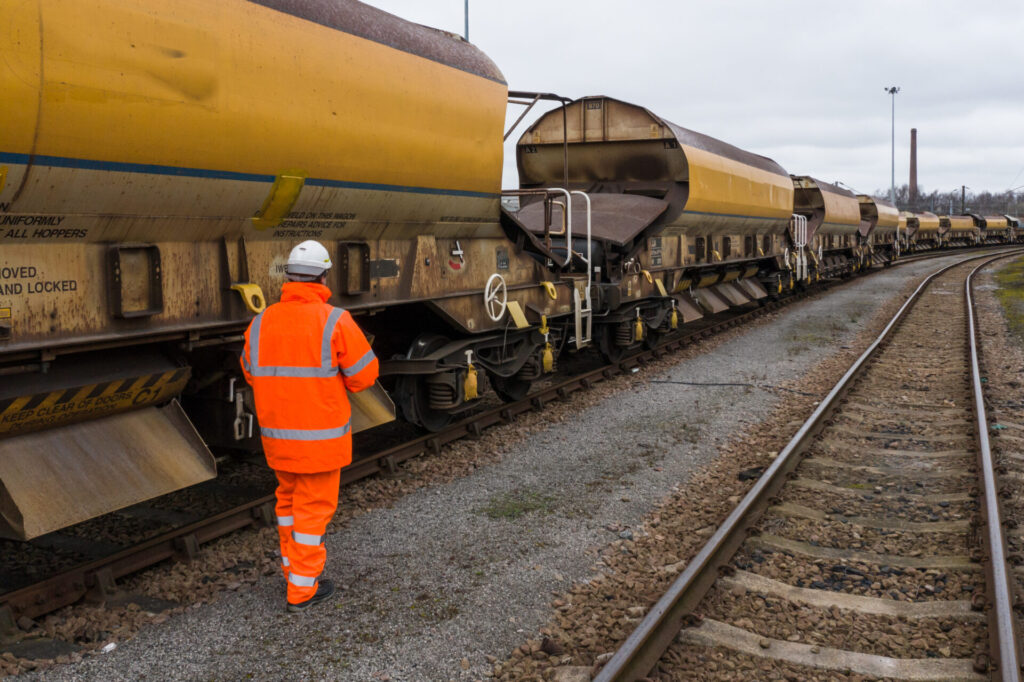New research from Phoenix Insights found around that half of workers are confident they’ll be able to quit their job by the time they are 70.
Retirement ages have been increasing in recent decades due to changes in health, jobs, and pension age eligibility.
People are starting and leaving work later in life but are also living longer than the generations before them.
Research from Phoenix Insights, Phoenix Group’s longevity think tank, found around one in three 65 year olds are classified as retired, thirty years ago this was closer to three in four (73%).
However, confidence about working in later life is relatively low.
The majority (78%) of workers think they will be able to do their job, or one like it, at the age of 60, but this dropped to half (49%) by the age of 70.
For those who aren’t confident about remaining in work, the main concerns are around physical and mental health, motivation and a lack of support for older workers.
A fifth (21%) of this group said they have worries about age discrimination in the workplace.
Phoenix Insights modelling suggested around 17 million adults are not on track for the retirement income they expect or need, with the saving crisis expect to reach boiling point for new retirees in the 2040s.
Combining widespread under saving with an increasing state pension age could mean many more people will have to postpone their retirement to plug gaps in savings.
Remaining in work, on reduced hours or full time, has the double effect of reducing the years to fund in retirement alongside the ability to continue to build up pension savings.
But not everyone is able to work into their late 60s and 70s.
People in their early 60s make up a disproportionate proportion of the total workless population.
If current trends continue, there could be an additional 770,000 people aged 60 to state pension age out of work by 2029, totalling three million.
This is hugely concerning as being out of work pre-state pension age is closely linked to rates of poverty.
A quarter of all 60 to 65 year olds live in poverty, and people out of work aged 60-65 are twice as likely to be in poverty as those in work.
Patrick Thomson, head of research analysis and policy at Phoenix Insights and said: “How people enter, stay and leave work has transformed in recent decades.
“The average retirement age has increased by around five years since the 1990s and more people choose a gradual transition from work rather than having a ‘hard stop’.
“In the future, it’s possible average retirement ages will rise further alongside the state pension age rises as people want to continue working longer or feel they need to for financial reasons.
“In the next five years most defined contribution pension savers will enter retirement with savings below expectations or below an adequate level, and this will worsen to a peak in the early 2040s.
“While people may want to remain in work in their late 60s and 70s, it’s not always possible for some. Huge numbers drop out of work before state pension age and face barriers to re-entering.
“Without better support for this group to remain in work, an increasing state pension age and under saving creates a perfect storm for worsening later life poverty.”

















